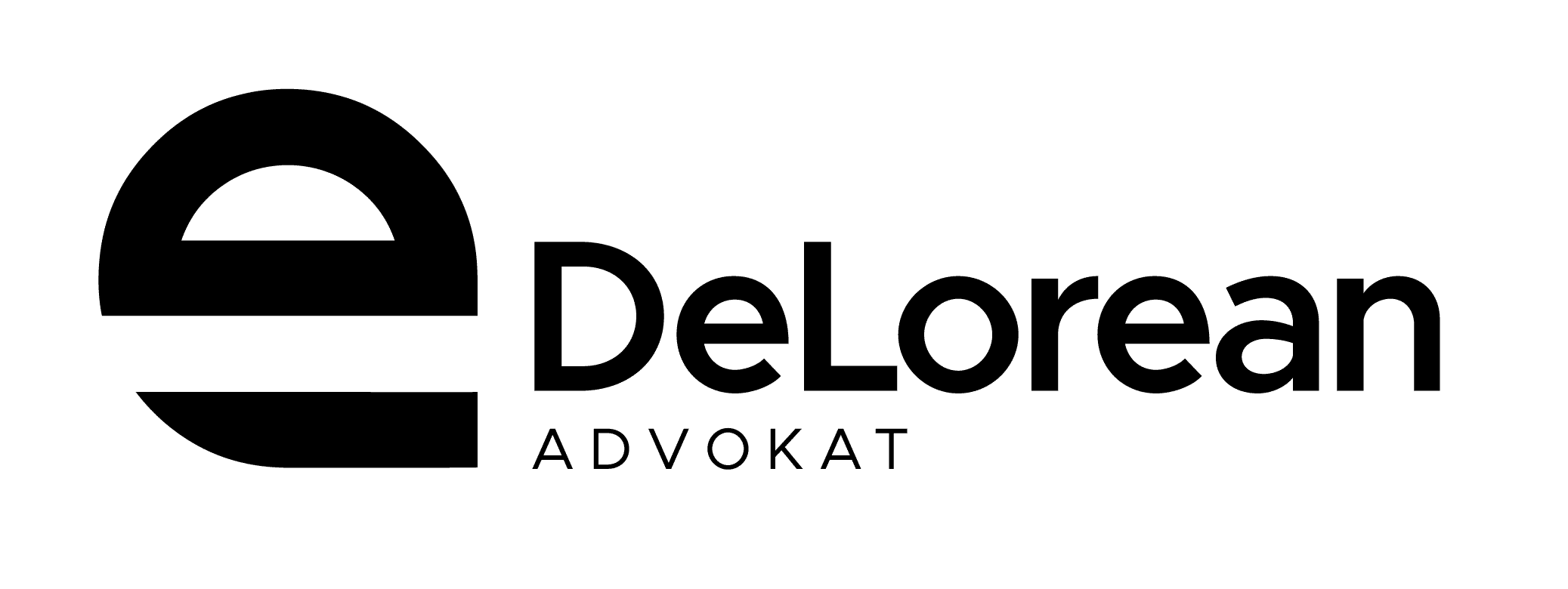Damages for use after license period
Damages for use after license period
Damages for use after license period
D.R. runs the company Human Resources Expert and has developed the MyNeeds service, which is a digital analytics tool for companies that can be used to identify individuals’ needs.
MyNeeds consists of two parts: part one is a digital form that the respondents fill out and part two is analysis and feedback.
The personnel expert has entered into a licensing agreement with the company Strategiaktivist meaning that the latter company has the right to offer MyNeeds to its end customers against the payment of a license fee.
The written agreement is short and has been supplemented by oral agreements.
Copyright protection
According to the Human Resources Expert, MyNeed’s copyright protections that Strategy Activist unduly infringed.
The alleged infringement has consisted in the production of copies, changes to the software and making available to the public.
If the Court does not find that those documents were unlawful because MyNeeds is protected by copyright, the Personal Expert argues instead that the documents constituted a breach of contract and are therefore grounds for damages.
In addition, the Human Resources Expert claims that after the termination of the license agreement, Strategy Activist continued to use the MyNeeds brand without permission.
Overall, the Human Resources Expert is of the opinion that Strategy Activist’s unauthorized use of MyNeeds and its brand has caused financial damage in the form of non-payment of licence fees and revenues.
Instead, the strategist argues that MyNeeds is not a copyrighted work and that copyright infringement lawsuits cannot therefore be upheld.
Regarding the infringement allegation, Strategy Activist claims that MyNeeds as a trademark is registered with D.R. as a private individual, which means that the Human Resources Expert cannot bring an infringement action.
Exclusive rights of the author
The court starts by explaining the grounds for what is required for a work to be protected under the Copyright Act (URL).
Copyright means, among other things, an exclusive right for the author to produce copies of the work and make it available to the public (Sections 1 and 2 of the URL).
Furthermore, the term ‘work’ must be interpreted in harmony with EU law.
The Court of Justice of the European Union has ruled that two conditions must be fulfilled in order for something to be classified as a work and thus be protected by copyright.
The first premise is that the subject is original, which means, among other things, that it is the author’s own creation that has come about through free and creative choices.
The second criterion is that there must be a subject that has taken on such expressions that it can be identified with sufficient precision and objectivity.
Originality, free and creative choices in creation
The court states that it is up to the human resources expert to show that MyNeeds is protected by copyright and begins by examining the originality requirement.
However, it is noted that the only investigation given to the Court by the Staff Expert is screenshots and information provided by D.R., so the Court has not even had the opportunity to consult MyNeeds directly.
Because of the limited evidence, the court considers that it cannot draw any further conclusions as to whether D.R. made free and creative choices in the creation of MyNeeds.
As a result, the human resources expert has failed to demonstrate that the originality requirement is met, which means that MyNeeds is not protected by url.
Instead, the court will examine whether Strategy activist is guilty of breach of contract by producing copies of, modifying and disseminating MyNeeds to the public.
However, the staff expert has not provided sufficient evidence to substantiate that claim either, which means that the court also does not see what has shown that Strategy activist committed a breach of contract.
Liability for trademark infringement?
The court then investigates Strategyaktivist is liable to the Human Resources Expert for trademark infringement.
Furthermore, since D.R. as a private individual is registered as the proprietor of the trade mark, the court states that a prerequisite for the award of damages is that the Personal Expert has the right to use the trade mark by licence (Chapter 8, section 3 of the Trademark Act).
D.R. maintains that this is the case but has not relied on any evidence to substantiate that claim.
The court therefore concludes that the Human Resources Expert cannot sue Strategy Activist for using MyNeeds as a trademark after the license period has expired.
In conclusion, the Court’s assessment is that the Human Resources Expert has failed to prove that the Strategy Activist committed any of the alleged damages-based acts, leading to the Strategy Activist winning the case.

